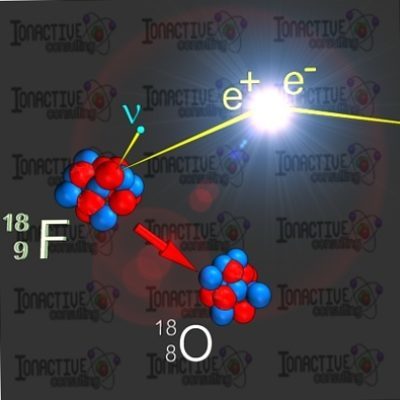RPS Training Courses (Who attends?) – Part 3 – Research & Development
Published: Feb 13, 2019
[Update September 2023 - these blog posts are a few years old now, but still provide useful content regarding the types of delegates we have on our RPS training courses. If you work in the research and development sector then please read on, and then consider our online RPS training course].
Research and development (R&D) spans a huge area for potential ionising radiation use. For this blog article we can broadly split this into university research and commercial R&D. That said, we have had a number of delegates from university spin-out companies who bridge the gap between academic research and commercial enterprise.
University Sector RPS Delegates
It is true to say that most university sector RPS's will have an in-house RPS course available, and probably would have attended this at least once during their time at the university. However, once their work moves beyond the fairly standard university type radiation work (radiochemical laboratory analysis, XRD x-ray structural analysis and similar), we tend to find they require an RPS course focused more on what goes on outside the area of academia. This is one advantage of attending an RPS training course by Ionactive where we mix all the delegates from several areas of radiation use into one single course. This is particularly helpful to the spin-out company RPS where they have left the confines of the university and need to comply with radiation and environmental legislation whilst working in a potentially competitive commercial environment. Our more recent online RPS training course continues is a similar fashion by considering all types of ionising radiation use in a single training course.
More exotic uses of ionising radiation in this sector will include research cyclotrons (for making radioactive positron emitters such as F-18 or C-11), CT scanners for structural analysis, advanced accelerators for high energy physics experiments and electron microscope applications. Where this type of research and development is medical related, the RPS will often link in with a local hospital (and therefore may have access to their own RPS training sessions).

Commercial R&D
An RPS from the commercial research and development sector can be broadly split between those from large organisations who have an R&D department, to those who work for a company specifically operating an R&D commercial service. The likely ionising radiation equipment employed in research and development will be similar though. Whilst much of this will be 'off the shelf' some care is required where the 'science' may well demand modifications of equipment for specific research purposes (something the RPS must be aware of). (Aside: modification of equipment by university researchers is something Mark Ramsay had to watch like a hawk for when employed as a Radiation Protection Adviser for Imperial College in the 1990s).
Radioactive Co-60 or Cs-137 sealed sources in gamma irradiation cells, unsealed sources in laboratories (P-32, S-35, C-14, H-3 etc), and all manner of x-ray and more exotic accelerator applications are likely to be found in the commercial research and development sector.
Ionactive offers a range of RPS training options. How about trying our online RPS training course ?
